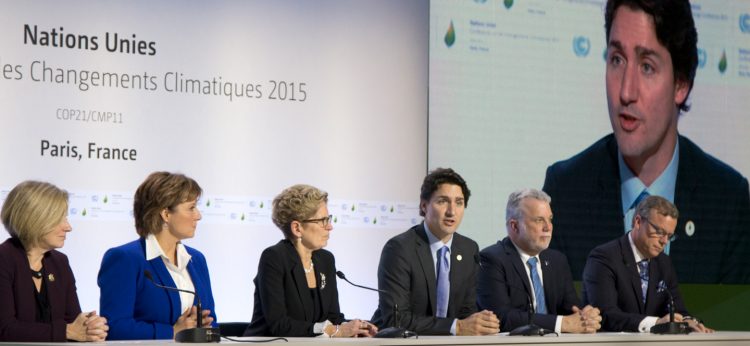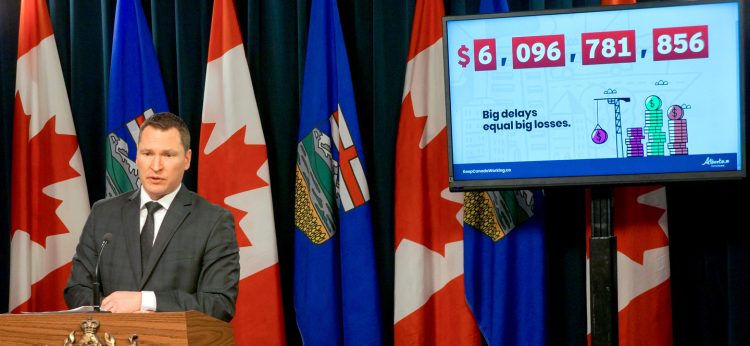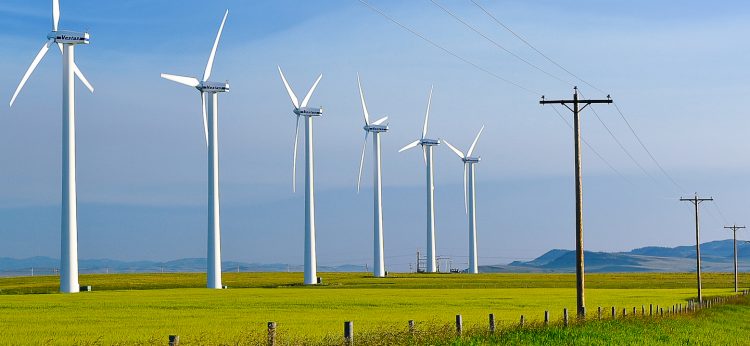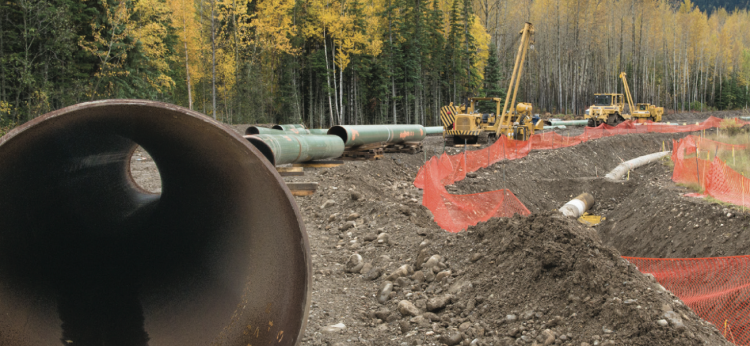
Canada’s Climate Conundrum: Government oil and gas production policies will doom emission reduction targets
by David Hughes | May 2, 2019
In 2015 Prime Minister Justin Trudeau proclaimed in Paris that “Canada is back!” and committed to a 30-per-cent emissions reduction from 2005 levels by 2030. So how is that going? According to Canada’s most-recent submission to the UN, emissions were down a mere two per cent from 2005 levels as of 2017. If Canada was …

False advertising by the Alberta government and oil lobby
by David Hughes | February 20, 2019
As an Alberta-born and -raised earth scientist who has made a career studying fossil fuels and energy issues, I am dismayed at the bombardment of ‘fake news’ in print, online and TV ads from the Alberta government on the Trans Mountain Pipeline Expansion (TMX). These ads are repeated hourly on several TV stations. One ad …

Trudeau government justification for purchasing Trans Mountain project based on false premises
by David Hughes | May 30, 2018
So how sound are the claims being used to justify the federal government’s expenditure of up to $12 billion in taxpayer funds to purchase Kinder-Morgan’s Trans Mountain expansion (TMX) project? The Trudeau government says the purchase is in the ‘national interest’, will create thousands of jobs, and that delays in the project are costing Canada …

Politics versus the future: Canada’s Orwellian energy standoff
by David Hughes | May 5, 2018
There is no denying the utility of fossil fuels, which meet 85% of the world’s energy needs. And consumption is rising along with emissions. Even in Canada, the second largest hydropower producer in the world, 76% of end use energy is provided by fossil fuels. We are told by the federal government that increasing oil …

Canada’s Energy Outlook
by David Hughes | May 1, 2018
Current realities and implications for a carbon-constrained future Canada faces some very difficult choices in maintaining energy security while meeting emissions reduction targets. This study analyses Canada’s energy system, and provides an objective assessment of future options to maintain energy security and meet climate commitments. Canadians need a viable and sustainable long-term energy strategy, based …

Will the Trans Mountain Pipeline and Tidewater Access Boost Prices and Save Canada’s Oil Industry?
by David Hughes | May 31, 2017
This report examines the argument that building pipelines to ‘tidewater’ will unlock new markets where Canadian oil can command a better price than in the US, where the majority of Canadian oil is currently exported, using Kinder Morgans Trans Mountain Extension Project as an example. The research found that problematic assumptions led to the pipeline’s approval by the …

Can Canada Expand Oil and Gas Production, Build Pipelines and Keep Its Climate Change Commitments?
by David Hughes | July 25, 2016
Under the Paris Agreement, Canada has pledged to reduce its greenhouse gas emissions to 30% below 2005 levels by 2030. This study assesses the consequences of several scenarios of expansion in the oil and gas sector in terms of the amount that the non–oil and gas sectors of the economy would need to reduce emissions …






